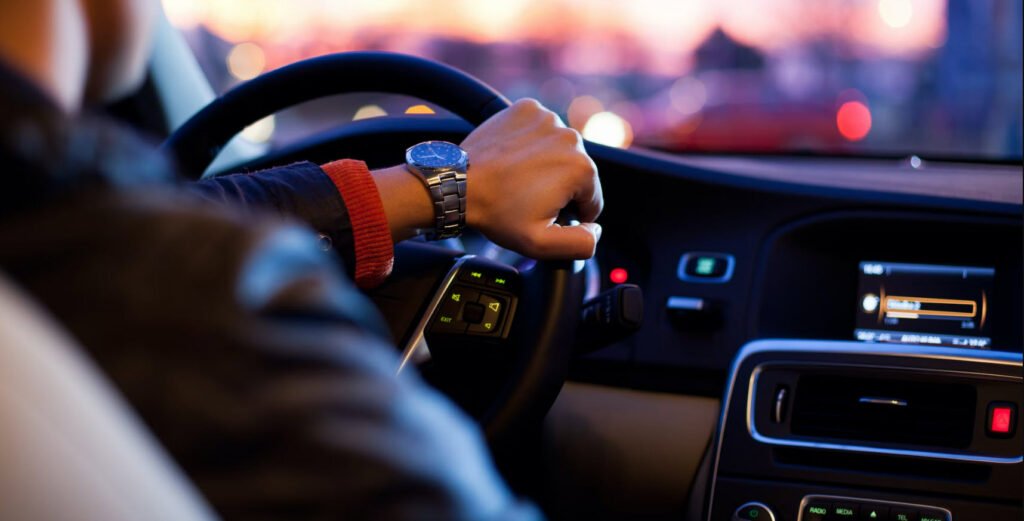Talking about driving in IELTS Speaking can be a challenge, not only for the vocabulary, but also knowing what to talk about. The IELTS Speaking Module is designed to assess your English Language Speaking Skills. To ensure a good score in the IELTS Speaking Module, you must study and practice the common Speaking Question types.
Get ideas on the sample answers below and practice to achieve your target band score. Here are some of the questions asked:
1. Do you drive often?
Answer – Luckily not, as I despise driving. I usually take Ubers around the city, cycle, or walk when possible. I try to avoid driving at all costs (avoid no matter what), considering the traffic in my city is incredibly chaotic. Furthermore, there is a huge air pollution problem in my city, so I try to take this step to be more green (environmentally friendly).
2. Do you want your children to drive in future?
Answer – Out of necessity, yes. I would like for them to go through the process of getting their driver’s license just in case. For example, it would be helpful if their friend who drove them to a place gets too drunk to drive them home, etc.
However, I would urge (push) them to drive as little as possible, since it’s quite risky and not environmentally friendly.
3. Do you have a driver’s license?
Answer – Yes, I do. I’ve had one for 10 years now. I still remember initially failing the test my first two tries, then eventually nailing it (doing it perfectly). Although I don’t use it very often, as I much prefer cycling or walking when possible, it’s still a benefit to have it.
4. At what age are people allowed to drive a car in your country?
Answer – Since I’m from a country that was made for cars with hardly any public transportation available, it’s almost necessary to have a car unless you live in a big city.
With this said, we allow teenagers to get their license when they’re 16. Although it seems really young, I think it’s necessary to make life more convenient!
5. Do you think it’s difficult to drive a car?
Answer – It depends. For example, it’s no piece of cake (something easy) on narrow, crowded streets in a city. In my opinion, it’s extremely difficult to parallel park, so that’s always a big issue for me.
Apart from that, I start to feel on edge (stressed) when aggressive drivers tail-gate (drive closely behind you) or beep their horns at me. However, I find driving on wide highways quite easy.
You may also like:
- Stop Saying “Very” – Upgrade Your Vocabulary with Powerful Adjectives
- 20 Daily English Phrases to Use at Work
- 10 English Phrases for Expressing Surprise or Amazement
- 20 Professional Phrases for Office Conversations
- 50 Daily Used English Sentences to Improve Your Communication Skills
- 10 Body Language Tips to Make a Great First Impression in Interviews
- 15 Common Grammar Mistakes and How to Avoid Them
- How to Write a Professional Email in English
- The Best Action Words to Use in Your Resume
- The Most Useful English Idioms & Their Meanings
Follow us on Twitter for more updates and the latest test tasks. If you want to support my work, you can buy me a cup of coffee here.



